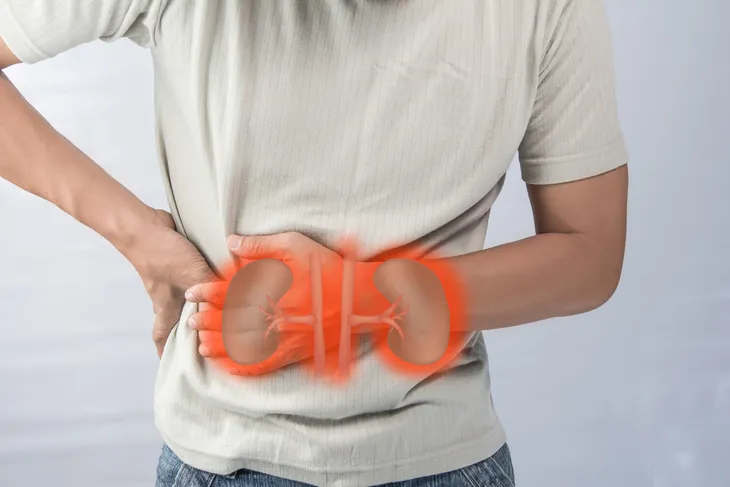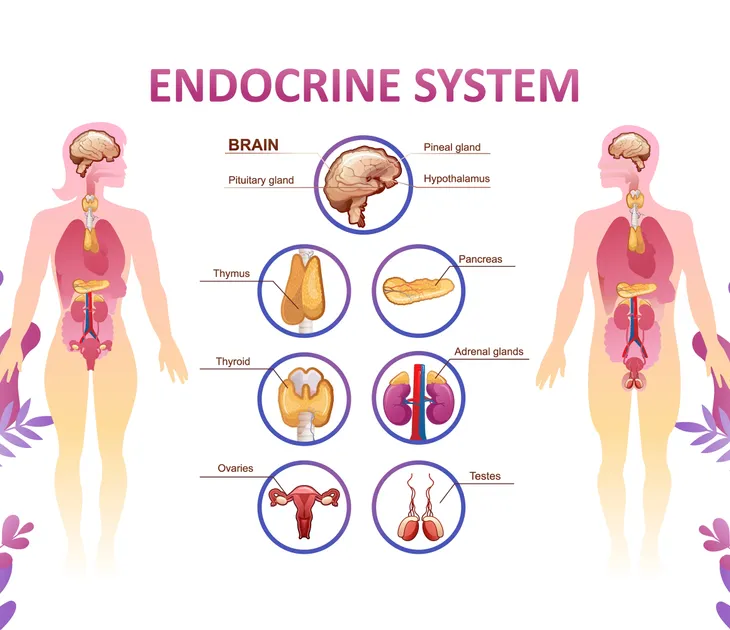Medical experts deem electrolytes essential for good reason. These major nutrients (calcium, sodium, magnesium, chloride, potassium, and phosphate) aid numerous vital bodily functions—such muscle function; blood pressure stability, blood clotting; maintenance of fluids, bones and teeth; nerve signaling; and heartbeat regulation. However, an electrolyte imbalance can trigger a domino effect of negative and even deadly responses.
Electrolyte stores typically deplete through fluid loss (i.e., urination and sweating), however, an electrolyte imbalance can also be caused by diet shortfalls, an illness, medications, or a physical disease, or hormonal imbalance…
Prescription and Non-Prescription Medications
According to Healthline certain seemingly innocent over-the-counter medications can wreak havoc on your electrolyte levels. For instance, certain drugs that cause excessive sweating or dehydration to occur such as diuretics can leave electrolytes depleted.
Certain prescription drugs–such as prescription antibiotics, corticosteroid hormones (hydrocortisone), and immunosuppressant drugs (i.e., cyclosporine) used to prevent organ transplant rejection can also cause electrolyte imbalance. Perhaps more commonly, chemotherapy or heart disease drugs can also upset electrolyte stores.
Poor Diet
Are you experiencing the symptoms of electrolyte imbalance–such as dizziness, numbness, fatigue, constipation, achy joints, headache, bloating, indigestion, muscle spasms, and abnormal heartbeat–without the presence of a pre-existing health condition? You may want to re-examine your diet, according to research from Livestrong.
Often diets lacking essential nutrients from whole foods can leave electrolytes lacking. A well-balanced, electrolyte-friendly diet should include an array of colorful fruits and vegetables, particularly water-laden and potassium-rich produce such as watermelon, oranges, spinach, sweet potatoes, and bananas. If you have difficulty absorbing nutrients from food due to a digestive issue, soaking in a mineral bath or taking mineral supplements (i.e., 600 to 1,000 milligrams of magnesium citrate or magnesium aspartate and potassium) according to doctor’s direction can help boost electrolyte absorption.
Cancer Treatment
If you’re undergoing cancer treatment and experience nausea, muscle weakness, dizziness, or fatigue, you may be suffering from an electrolyte imbalance, according to BreastCancer.org. Chemotherapy can impact the water levels in your body due to side effects (i.e., diarrhea, appetite loss, and vomiting) from your treatment.
The website notes that one particular targeted cancer therapy, known as Kadcyla, ado-trastuzumab emtansine, or T-DM1 can leave you with increased or decreased electrolyte stores due to low blood potassium, or low blood calcium, or hypercalcemia (excessive calcium) in lung, multiple myeloma, and breast cancer patients undergoing treatment.
 Shutterstock/one photo
Shutterstock/one photoShort-Term Illness
Oftentimes an electrolyte imbalance can be traced back to a recent short term flu or illness, according to Medicine News Today. Fluid loss due to excessive perspiration, dehydration, diarrhea, and vomiting most commonly result in depletion of bodily fluids, dehydration, and low electrolyte stores.
Understandably, any illness that causes high fever, vomiting, or diarrhea for prolonged periods of time can result in rapid fluid loss and dehydration. Likewise, bulimics as well as pregnant women who suffer persistent vomiting and nausea are at increased risk of electrolyte imbalance.
 Shutterstock/Prostock-studio
Shutterstock/Prostock-studioKidney Issues
Electrolyte imbalance is a concern for patients with existing kidney damage or diagnosed kidney disease. In fact, the Cleveland Clinic notes that as kidney function declines, and in cases of end-stage renal disease, fluid and electrolyte imbalances are quite common.
Electrolyte depletion is common to those suffering from kidney damage and kidney disease because the kidneys can no longer regulate chloride levels, and are unable to flush out sodium, potassium, and magnesium in the blood.
Endocrine and Hormonal Disorders
Research from the National Institutes of Health (NIH) notes that hormonal imbalances often cause issues with the endocrine system. For example, many diabetic patients can suffer from altered blood glucose, as well as calcium and electrolyte stores. In some cases, electrolyte imbalances can manifest as hyper- or hyponatremia, hyper- or hypokalemia, hypophosphatemia, hypocalcemia, and hypomagnesemia in patients with existing endocrine disorders.
EndocrineWeb.com points out that the adrenal glands dysfunction (particularly cancer or tumors in the adrenal cortex) is responsible for producing cortisone and aldosterone hormones necessary for fluid and electrolyte balance in the body.







